WellSpace Health - Detoxification Program

Overview
WellSpace Health - Detoxification Program is a substance abuse treatment center for people seeking treatment near Sacramento County. As part of their treatment modalities for recovery, WellSpace Health - Detoxification Program provides 12-step facilitation, individual psychotherapy, and trauma-related counseling during treatment. WellSpace Health - Detoxification Program is located in Sacramento, California, accepting cash or self-payment for treatment.
WellSpace Health - Detoxification Program at a Glance
Payment Options
- Cash or self-payment
- Private health insurance
- State-financed health insurance plan other than Medicaid
Assessments
- Comprehensive mental health assessment
- Comprehensive substance use assessment
Age Groups
- Adults
- Young adults
Operation
- Private for-profit organization
Highlights About WellSpace Health - Detoxification Program
6.77/10
With an overall rating of 6.77/10, this facility has following balanced range of services. Alcohol Rehabilitation: 8.00/10, Drug Rehab and Detox: 6.00/10, Insurance and Payments: 6.00/10, Treatment Options: 7.09/10.-
Alcohol Rehabilitation 8.00
-
Treatment Options 7.09
-
Drug Rehab and Detox 6.00
-
Insurance and Payments 6.00
Accreditations
The Joint Commission:

The Joint Commission accreditation for addiction and behavioral health signifies that a facility has met rigorous standards in patient care, treatment, and safety. This recognition assures patients and professionals of the facility's commitment to providing high-quality, evidence-based care in the fields of addiction and behavioral health, fostering trust and confidence in their services.
Registration: 572763
SAMHSA certification for opioid treatment program (OTP):
Accreditation by the Substance Abuse and Mental Health Services Administration (SAMHSA) for Opioid Treatment Programs (OTPs) signifies that a program has met strict standards for providing high-quality care to individuals with opioid use disorders. It assures patients, families, and communities that the OTP follows evidence-based practices, employs qualified staff and maintains a safe and effective treatment environment. This accreditation reflects the program's commitment to addressing the opioid epidemic and promoting recovery.
State department of health:

Government agencies issue State Licenses, which grant rehabilitation organizations permission to conduct their operations lawfully within specific geographic regions. Licenses needed to operate are typically determined by the type of rehabilitation program offered by the facility and its physical location.
Treatment At WellSpace Health - Detoxification Program
Treatment Conditions
- Mental health treatment
- Alcoholism
- Opioid Addiction
- Substance use treatment
- Co-occurring Disorders
Care Levels
- Detoxification
- Aftercare
- Hospital inpatient treatment
Treatment Modalities
- 12-step facilitation
- Individual psychotherapy
- Trauma-related counseling
- Group counseling
- Family counseling
Ancillary Services
Languages
- Spanish
Special Programs
- Clients with HIV or AIDS
- Clients who have experienced trauma
Get Help Now
Common Questions About WellSpace Health - Detoxification Program
Contact Information
Other Facilities in Sacramento

6.68

6.71
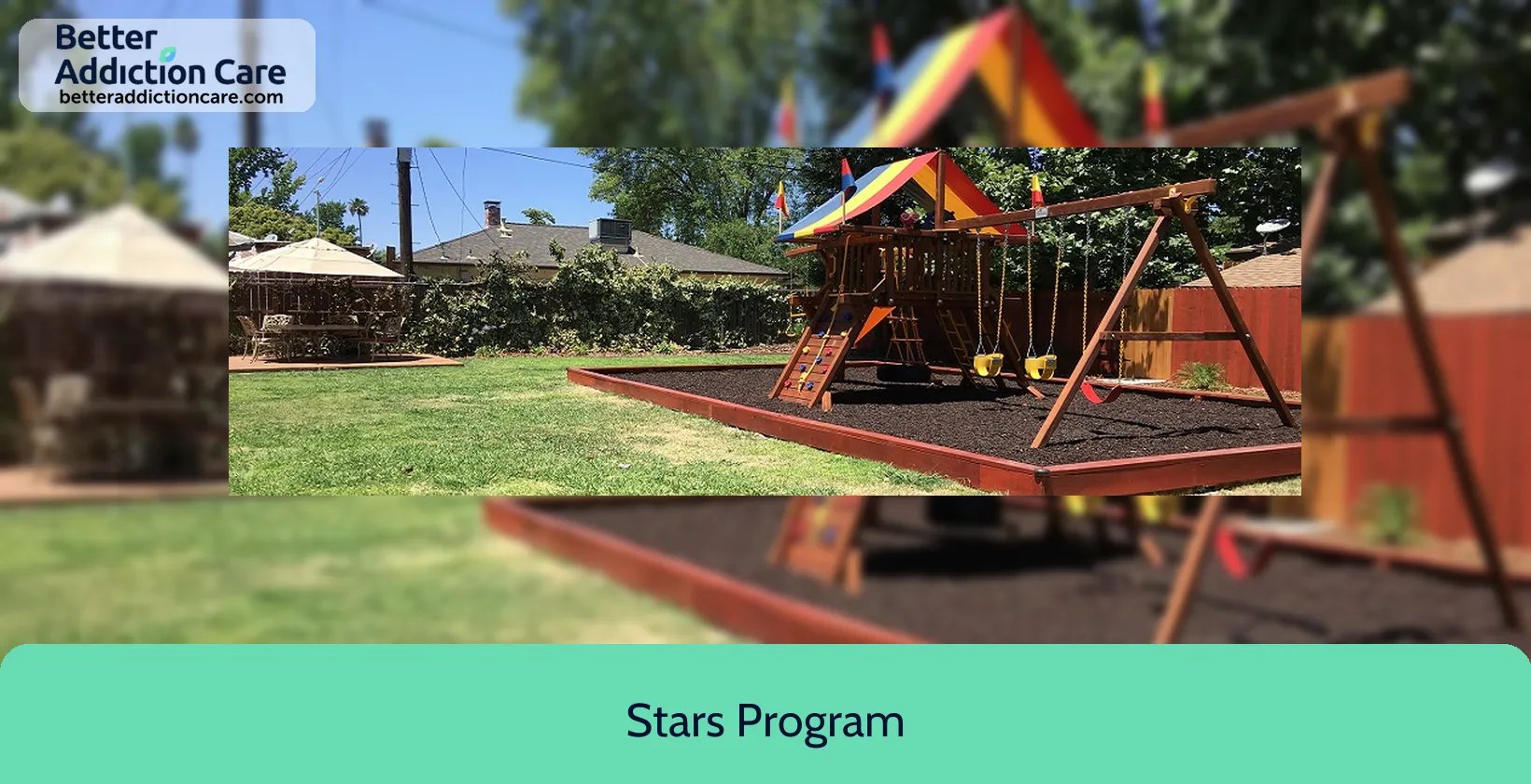
6.68
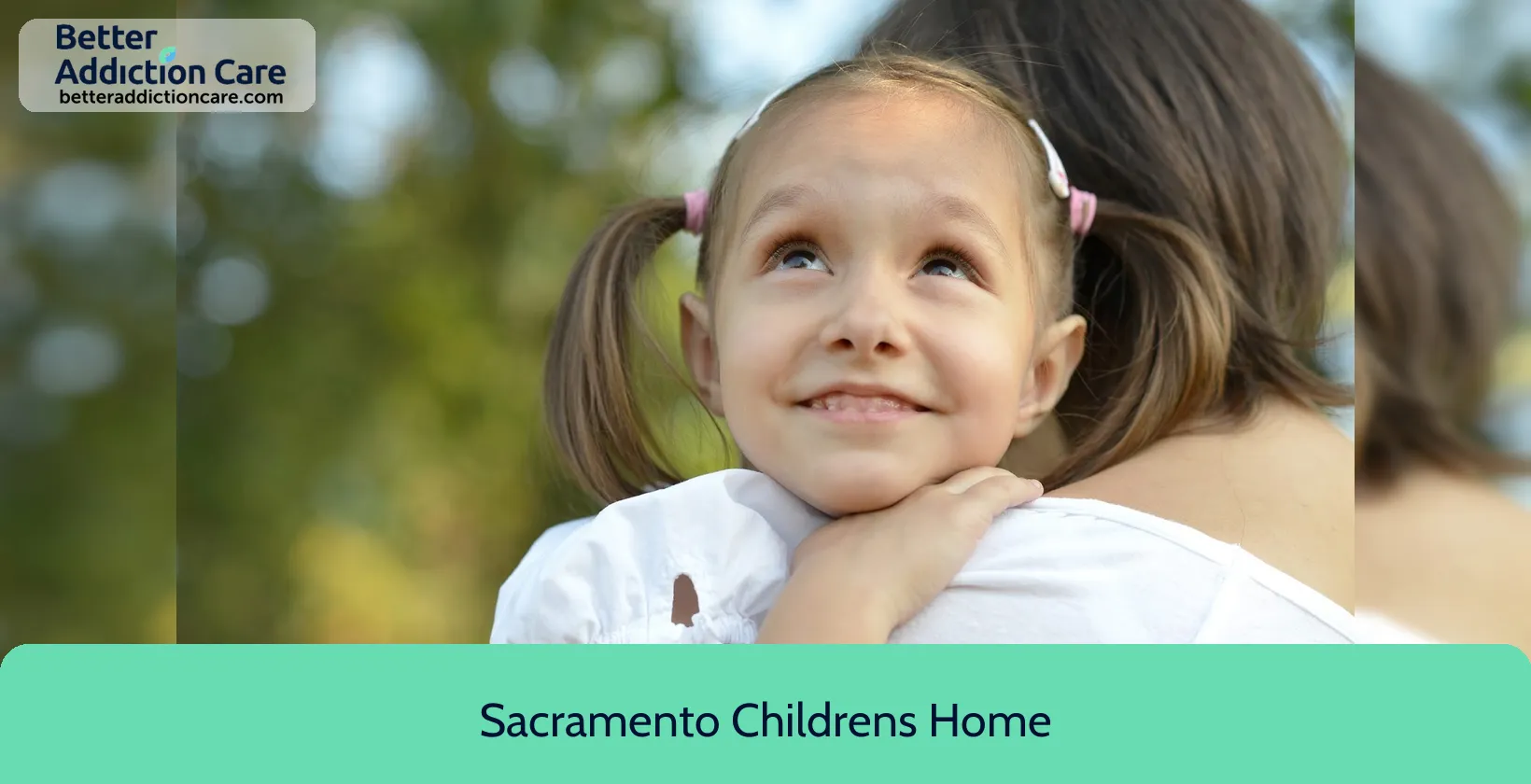
6.59
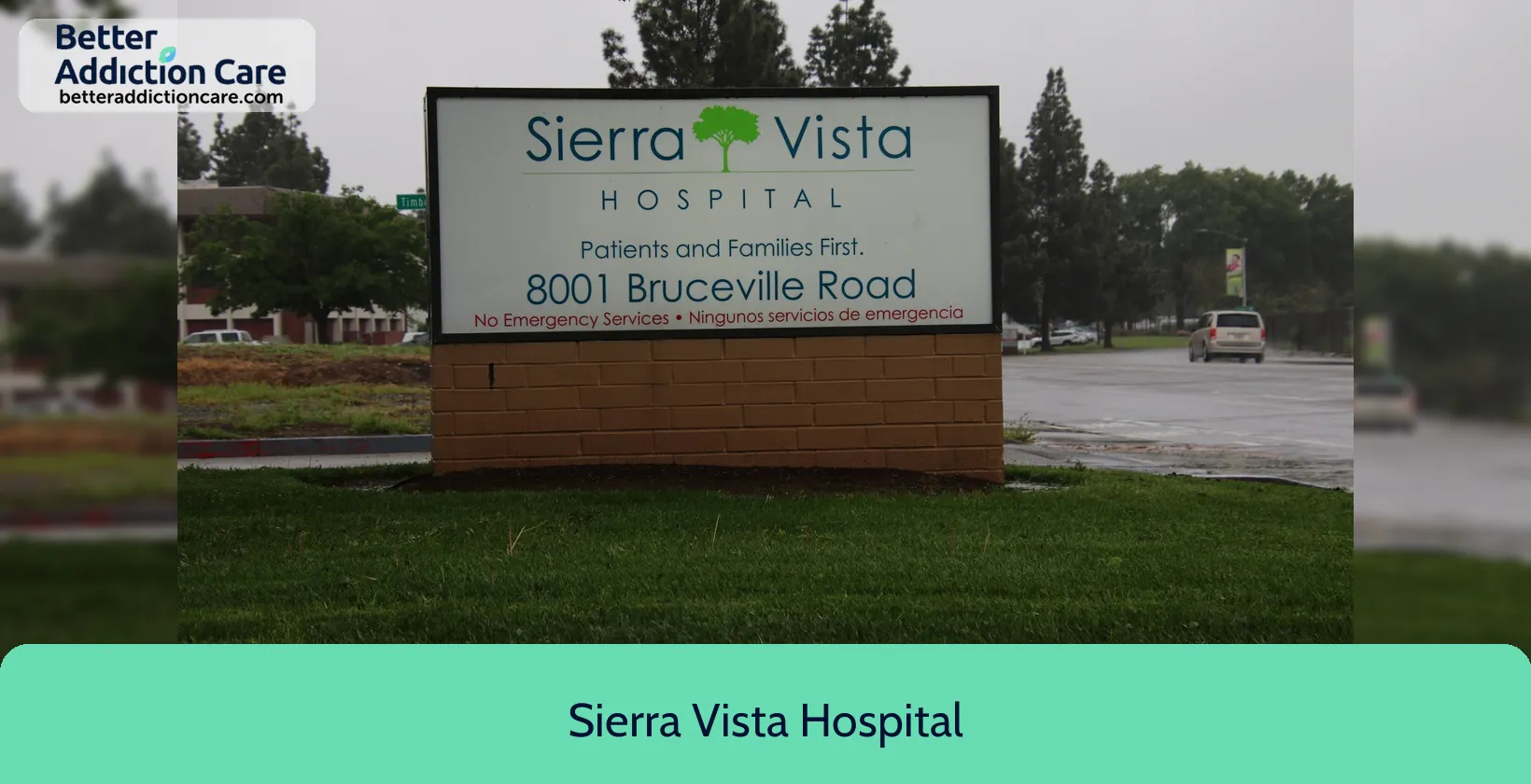
6.76
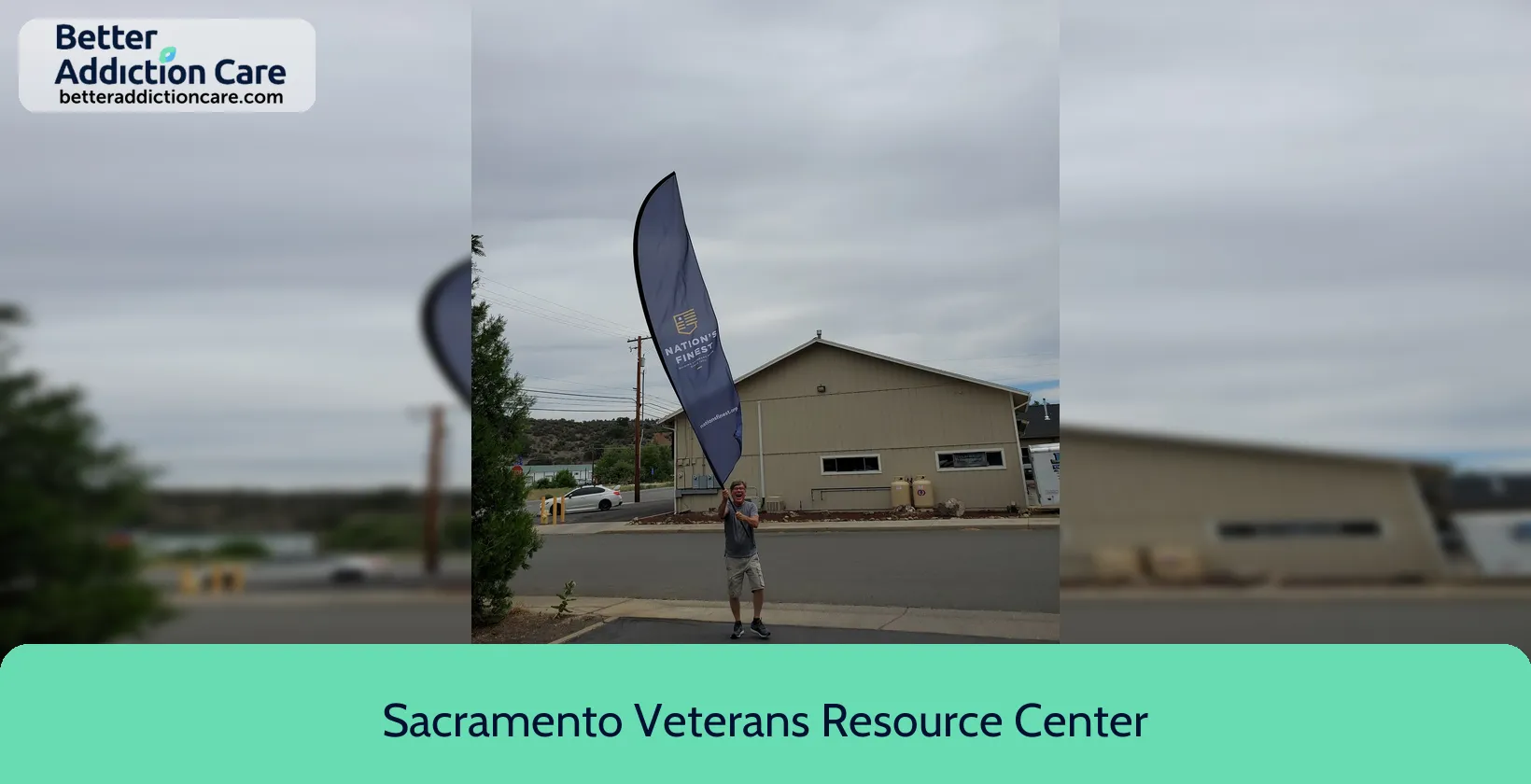
6.80

6.74
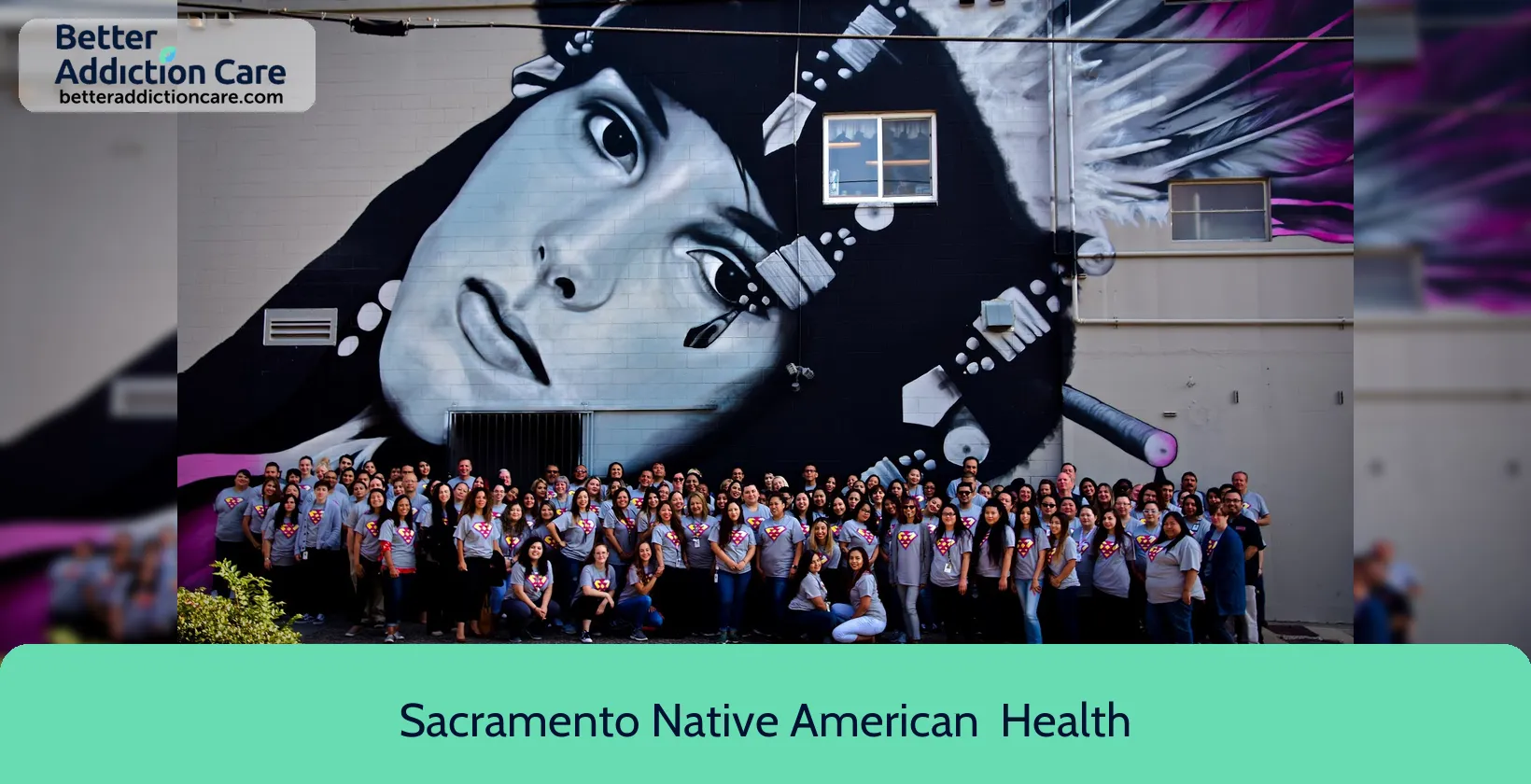
6.59
DISCLAIMER: The facility name, logo and brand are the property and registered trademarks of Sacramento Native American - Health Center, and are being used for identification and informational purposes only. Use of these names, logos and brands shall not imply endorsement. BetterAddictionCare.com is not affiliated with or sponsored by Sacramento Native American - Health Center.
